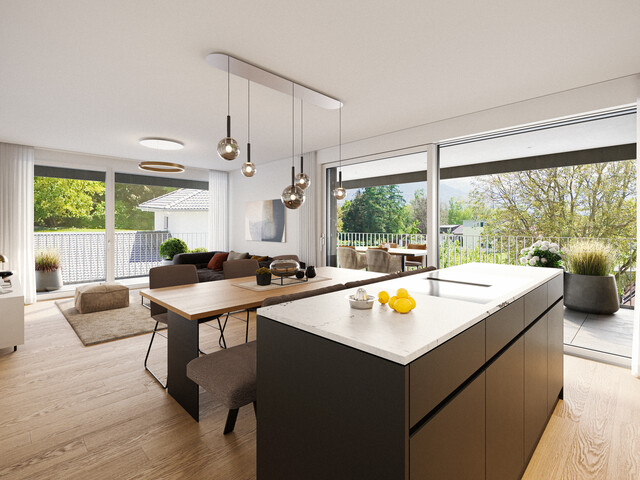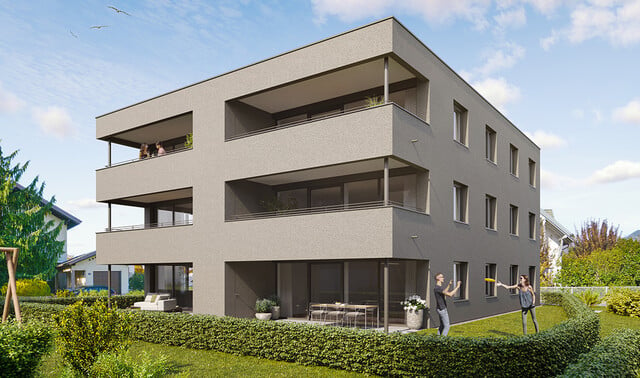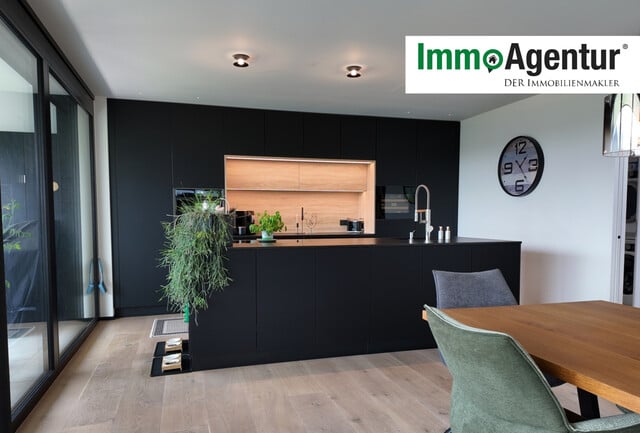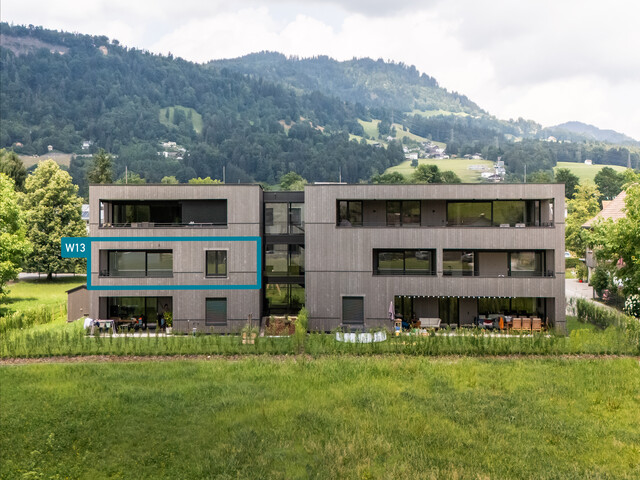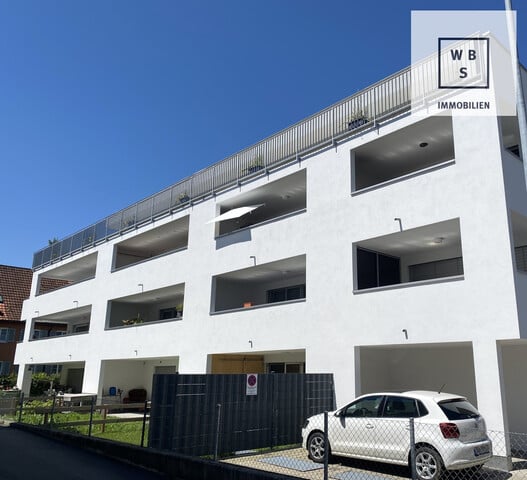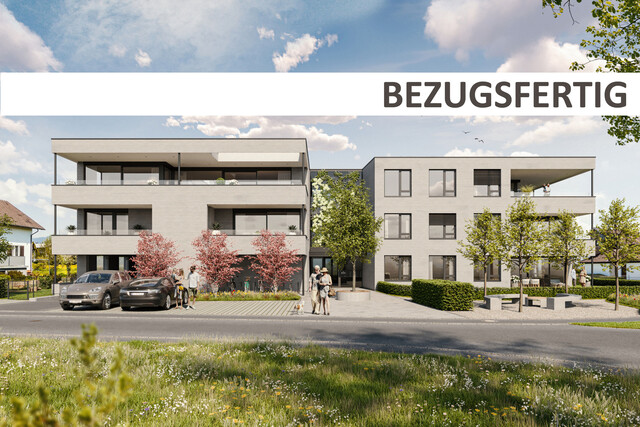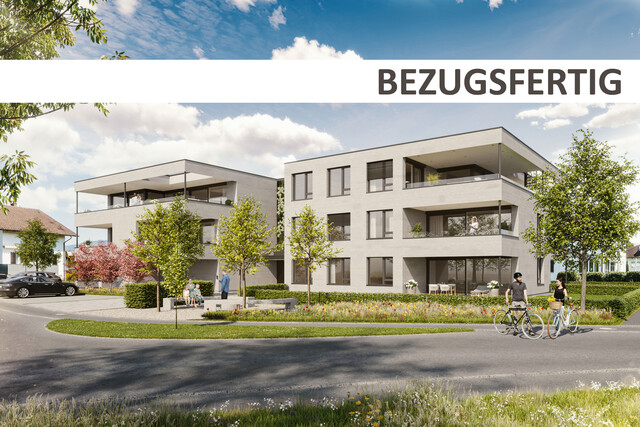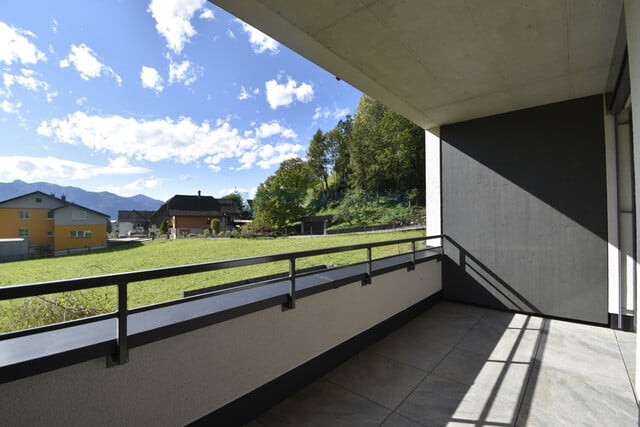SPÖ makes it more expensive
Rising prices are the biggest problem that voters currently see, and therefore the SPÖ is also trying to respond. Andreas Babler, Vice Chancellor and Federal Party Chairman, would, for example, like the VAT on food to be reduced. However, Finance Minister Markus Marterbauer, who is otherwise very close to him, sees no room for this. Budget-wise, it just doesn't add up.
The budget has also gotten out of control in Vienna. Here, the Social Democrats - under the leadership of Mayor Michael Ludwig - are even more influential than at the federal level, yet they find themselves forced to implement not price-dampening, but price-driving measures.
The Wiener Linien, which are owned by the city, are known to adjust their tariffs. An annual ticket will become more than a quarter more expensive and will cost 467 euros in the future. And of course, it may be that this is still cheap compared to other major cities; and that there has been no adjustment for years. However, it is what it is: A hefty increase that suddenly makes life more expensive; negligible for some, noticeable for too many.
District heating, "delivered" by the municipal Wien Energie, is also becoming more expensive. Specifically, by around 15 percent in the case of an average household affected by it. In this case too, one can proceed to relativizations and justifications. However, it is what it is: Another contribution to making life more expensive; for some in a ridiculous extent, for too many - especially as it accumulates - in a painful one.
The SPÖ thus has a massive credibility problem: It claims to want to fight inflation, yet contributes to inflation. Even on the issue of housing, where affordability is particularly important to them, they risk this.
Under pressure from Babler, the government has introduced a rent price cap: Rents should generally increase by a maximum of three percent plus half of any inflation rate above that. Example: If the rate is five percent, rents may only be increased by four percent.
This is well-intentioned and also reassuring for tenants: They can no longer be as badly surprised as in recent years, when rents have risen significantly due to unusually high inflation.
From the perspective of property owners, however, this is a reason not to rent out an apartment. Yet it would be important to encourage more of them to bring apartments to the market, as they say. Ironically, the SPÖ-affiliated (!) Association of Cities points out in a statement that there is already "considerable" vacancy; that many apartments are simply empty: Therefore, the proposed regulation should be "critically examined," according to the Association of Cities. There's something to that: Renting is mainly expensive because there are too few available apartments. And that is now also at risk of being exacerbated.
Johannes Huber runs the blog dieSubstanz.at – Analyses and Backgrounds on Politics
This article has been automatically translated, read the original article here.
Du hast einen Hinweis für uns? Oder einen Insider-Tipp, was bei dir in der Gegend gerade passiert? Dann melde dich bei uns, damit wir darüber berichten können.
Wir gehen allen Hinweisen nach, die wir erhalten. Und damit wir schon einen Vorgeschmack und einen guten Überblick bekommen, freuen wir uns über Fotos, Videos oder Texte. Einfach das Formular unten ausfüllen und schon landet dein Tipp bei uns in der Redaktion.
Alternativ kannst du uns direkt über WhatsApp kontaktieren: Zum WhatsApp Chat
Herzlichen Dank für deine Zusendung.
